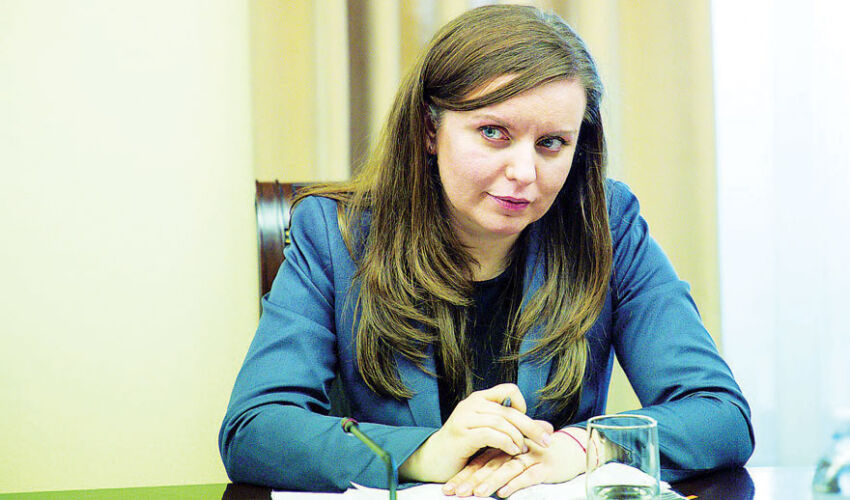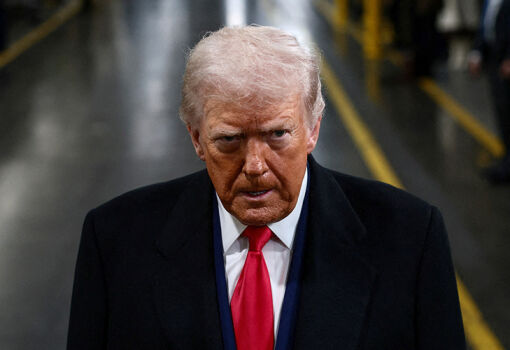
Veronica Sireteanu
“Large companies with the highest risk of tax evasion are not subject to scrutiny,” he said. – This is due to political cover-up, personal relationships between taxpayers and tax officials, and the authorities’ lack of capacity to manage complex cases.”
Veaceslav Ionitsa claims that 93% of tax audits are conducted without risk analysis and are random. The system is focused on “small fish”, while “tax sharks” remain untouched. This is the exact opposite of what effective tax administrations in developed countries do, he summarizes.
Such criticism is not entirely justified, officials say. Government spokesman Daniel Wode emphasized that the IMF report also notes the important progress of the STS, and that donor recommendations will be taken seriously. “We guarantee that if shortcomings are identified, we will actively intervene,” Wode said.
Later, the tax authority itself also issued a press release clarifying the matter. It noted that the IMF report was prepared to help the STS increase domestic revenues by improving tax administration. One of the main principles of the Law on State Control is risk analysis and assessment. The STS organizes audits based on their identification. And these measures are taken when other means of control have been exhausted.
As part of the assessment mission, IMF experts met with representatives of accounting firms, the release also noted. Their feedback was positive. At the same time, the fund appreciates the educational efforts of the STS and positive practices, including the encouragement of voluntary compliance by taxpayers.
And for STS specialists, the risk analysis system has long been a key element of work. It is impossible to check all tax declarations. Therefore, the share of desk audits conducted in the tax office on the documents of taxpayers is 70-80%, and with a visit to the enterprise – 20-30%. This is how the tax service works not only in Moldova, but in all countries where the system of risk analysis is well established.
“The risk system, which has been applied by the tax service for the last 10 years, is evaluated by all international organizations as an example of how it should work,” says Veronica Sireteanu, tax specialist, vice-director of AmCham Moldova. – It is safe to say that STS is one of the few institutions that actually use risk analysis in their work. Reforming the tax service in 2017, the authorities intentionally abolished district control bodies and created a single department. It is precisely in order to eliminate the risks of personal or political orders”.
The entrepreneurial community is well aware of the criteria of the risk system. First of all, such indicators as VAT offset and wages are analyzed. If the average remuneration of employees in the industry is much higher than in the enterprise, this is perceived as a risk of its non-compliance with legal requirements. In such a case, a team of STS specialists is first sent there to understand the reasons and draw the management’s attention to this fact. Sometimes the reasons are technical, because the human factor cannot be disregarded.
“There are more than a hundred such risk indicators,” Veronica Sireceanu continues. – Depending on their detection or absence, the taxpayer is placed in certain lists. Therefore, some enterprises may not be visited by the tax control for years. This is not because they are politically affiliated (the government changes frequently), but because they are on the list of taxpayers with minimal risk. This means that they pay taxes on time, submit reports, and their overall performance compared to the industry is not out of the norm, and they do not need to be distracted unnecessarily”.
In this sense, large enterprises usually pay their taxes correctly, Sireceanu continues. Their reputation is important to them, and rumors about non-payment of taxes are a serious blow to it. That is why big companies are rarely caught in such scandals and even in control measures. And for small companies, there are many preferential regimes and measures of advisory and incentive nature to ensure that they pay taxes faithfully.
“I do not rule out that in those companies that make up 20% outside the risk algorithm, the cases the expert is talking about are possible,” she adds. – This percentage is methodologically allowed so that the tax service can be flexible and, if necessary, react to factors that clearly violate the general provision. But it is 20%, and they are not commensurate with 80% of enterprises that work according to a mathematical algorithm. And you can not argue with him, he himself makes a list of indicators”.

